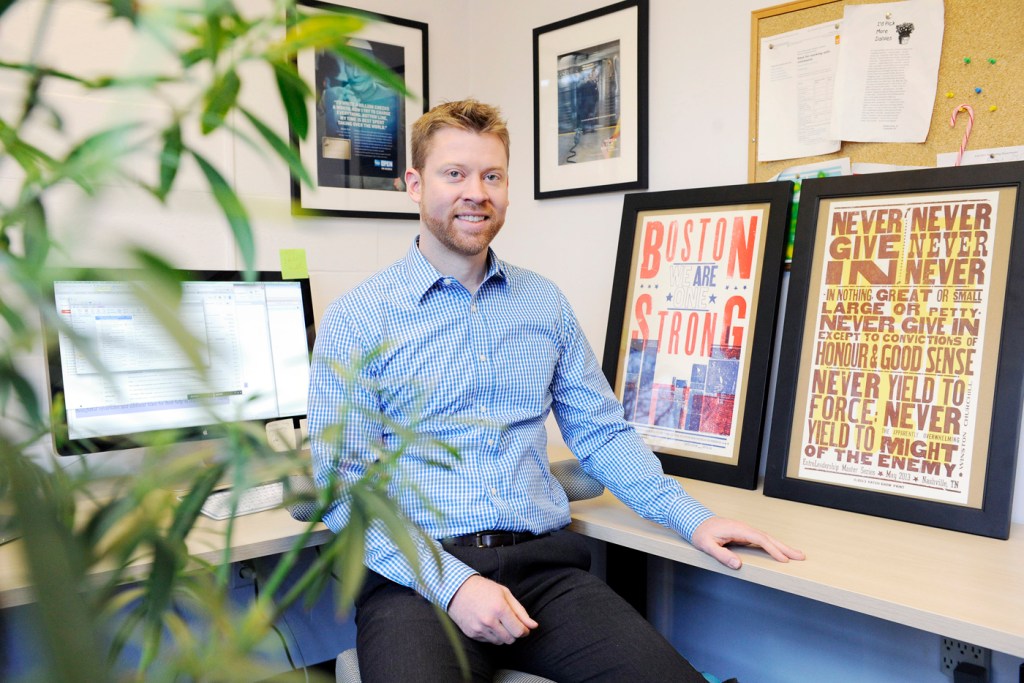The power of ‘thank you’

Attention all service firms: boosting your bottom line might be as simple as doling out a well-timed “thank you” to highly satisfied customers.
Northeastern University service marketing expert Paul Fombelle and his research colleagues tracked the attitudes and behaviors of some 300 satisfied customers of a high-end restaurant following their completion of a post-transaction survey. They found that customers who received a “thank you” email from the company president acknowledging their survey submission increased patronage by 51 percent in the following year, while their average party size grew by 56 percent. What’s more, the simple, yet sincere gesture significantly strengthened the firm’s communal relationship with female customers.
The findings were published last month by the Marketing Science Institute, a corporate-membership-based organization dedicated to bridging the gap between marketing theory and business practice.
Fombelle, an assistant professor of marketing in the D’Amore-McKim School of Business, noted that the results offer new strategies for best-in-class service firms to improve relationships with their best customers. “You can’t ignore satisfied customers just because they’re happy,” he said. “They represent a disproportionate amount of a company’s profit and keeping them satisfied is how you’ll reap the biggest returns on investment.”
After conducting the field study, Fombelle et al. replicated their effects in a simulated experiment involving some 300 participants. In this case, the participants read a scenario in which they partake in an exemplary fine dining experience and then complete a customer satisfaction survey.
Some participants received an email from the restaurant thanking them for the positive feedback, while others did not receive further communication from the company. Of those who did receive a follow-up email, the communication differed in terms of how quickly the customers received the emails and what rewards they were offered.
After viewing the acknowledgement email, the participants answered a litany of questions based on their attitudes toward the restaurant and their intentions to return. In general, the researchers found that perceptions of gratitude drive purchasing behavior. In particular, they discovered that delaying their acknowledgement of the survey submission by two days provided significantly more value to the firm than immediate acknowledgment, suggesting the importance of coming across as sincere.
What’s more, neither the inclusion of social nor financial rewards in the thank-you email improved the firm’s bottom line. “The incentives weren’t necessary,” Fombelle said. “This is encouraging for managers, who won’t have to shell out large amounts of money to improve their business.”





